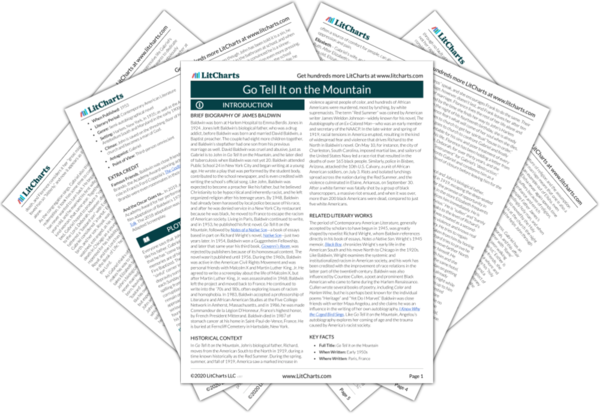John has seen the “marks of Satan” on people’s faces as they wait in lines outside of theaters. The movie posters hanging on the buildings “invite people to sin,” and the “roar of the damned” fills Broadway. The road leading to “death” is “broad,” but the road that leads to “life eternal” is “narrow.” This “narrow way, the way of the cross,” leads to “humiliation forever” and life and job like
Gabriel’s. Looking to the bottom of the
mountain, John begins to run.
“If it’s wrong, I can always climb back up,” he thinks to himself.
